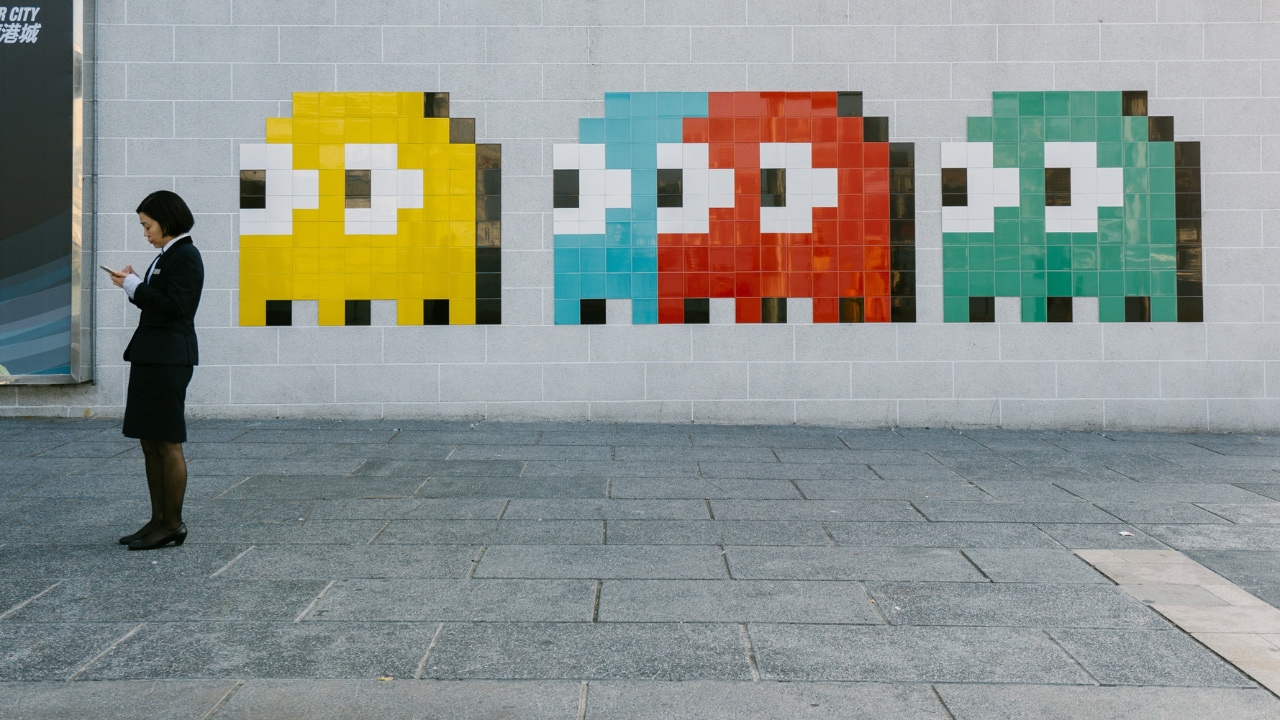The number of men in executive roles in the gaming industry, compared to women, shows a huge difference.
In India, even though 40 percent of gamers are women, the boardrooms of most gaming companies are still a male bastion.
Sounds like most other companies in technology? Maybe. Just that the gap in gaming is way too wide.
Gaming companies say there are no biases when it comes to hiring women leaders. Yet not even 10 percent of C-suite positions in the Indian gaming and esports companies are occupied by women.
“It is true that the online gaming business, like all other businesses within the technology industry, has a skewed gender ratio at the leadership level,” says Roland Landers, CEO, All India Gaming Federation.
As India’s gaming industry goes mainstream, registering strong monetisation, user growth and reducing gender gap among players, a better gender split in companies becomes imperative for a holistic growth in the space.
“The presence of women in leadership roles would surely translate into a more diverse array of gaming products that the market will benefit from,” Landers adds.
According to him, the participation of women in the gaming space has been getting better. Around 43 percent of smartphone gamers are women, and Landers is hopeful that the growing presence of women gamers will generate the ground-up momentum for women to take up more entrepreneurial roles within the industry.
Those shattering the glass game room
While entrepreneurship in the gaming industry is largely a boy’s club, it would be unfair to say there aren’t any women trying to break the glass ceiling.
“There is a widespread stereotype that gaming is a hobby that is primarily for men, which can discourage women from pursuing careers in the industry or make them feel unwelcome,” says Richa Singh, Co-founder and CEO, FanClash.
Singh, who is also an avid gamer, is one of the handful of women leaders in the space in India.
According to Singh, it is important for the gaming industry to strive for equity and parity in order to create a more inclusive and diverse environment.
“This will lead to increased creativity and innovation as more voices and perspectives are brought to the table. It will also lead to increased productivity, as all members of the community feel supported and are able to contribute to their full potential,” she says.
Singh feels there is a need to adopt more outreach methodologies to attract more women into this space and provide ample amount of support in retaining and fostering the existing female talent in the ecosystem.
Additionally, a more diverse and inclusive industry can be more profitable as it is able to tap into a wider range of markets and audiences.
Saumya Singh Rathore, co-founder at Winzo, a vernacular social gaming platform, and Salone Sehgal, founding general partner at Lumikai, a gaming and interactive media fund, are some of the few women leading gaming and related companies in India.
Reports say there are more than 900-plus gaming companies in India as of 2022, but less than 10 percent of them are led by women.
Gender gap in gaming a global phenomenon
India, however, is not the solo example of gender gap cases within the gaming industry. Global reports say only 24 percent of the workforce in the space are women. While Asian companies have a wider gap to close, in the year gone by, the female leadership population in the gaming industry in the UK was 16 percent, with a gender wage disparity of 17.1 percent in 2021.
Time to close the gender gap
Companies are aware of the situation and are working on creating a more inclusive environment, when it comes to having a women workforce on board.
Harshada Sarode, human resource manager at PlayerzPot, a fantasy sports and gaming platform, says despite the stereotype of the industry being a boys’ club, the online gaming industry as a whole is shifting towards greater diversity and inclusivity and companies are starting to have a workforce with women holding leadership, managerial, and executive positions.
“One of the driving forces for growth in the space was the announcement of a task force for the promotion of the AVGC (animation, visual effects, gaming and comics) sector in the 2022-23 budget. This has broadened the scope to include women, considering this field as a career choice. Tech, data analysis, data science, and digital marketing are a few key positions where females are making a career and some are opting to be professional players in this space,” Sarode said.
Federations that operate within the space are also doing their best to close the gender gap.
Lokesh Suji, director, Esports Federation of India and Vice President of the Asian Esports Federation, says, “We provide ESFI Volunteer programme. At its core, it is all about empowerment where we encourage women to take up leadership roles — be it as community managers/league ops, etc. We ensure equal participation opportunities are provided and train them to take up different roles and challenges.”
According to Suji, the industry has been stereotypically associated with a particular gender due to their dominance in this sector. However, it will eventually fade away as more women gamers are taking up the role professionally and are becoming a significant part of the esports community.
He mentions gamers like Payal Dhare, a.k.a. Payal Gaming, and Shagufta Iqbal, a.k.a. Xyaa, who are professional streamers with a massive following across social media and gaming platforms. They are popular in the gaming community and are actively involved in brand promotions.
“It won’t be long before we will see women leading esports companies. However, that would take time as the esports segment is still new but setting its roots strong in the Indian market, which is attracting women investors and stakeholders to associate and understand the nuances of the business of esports,” he adds.
